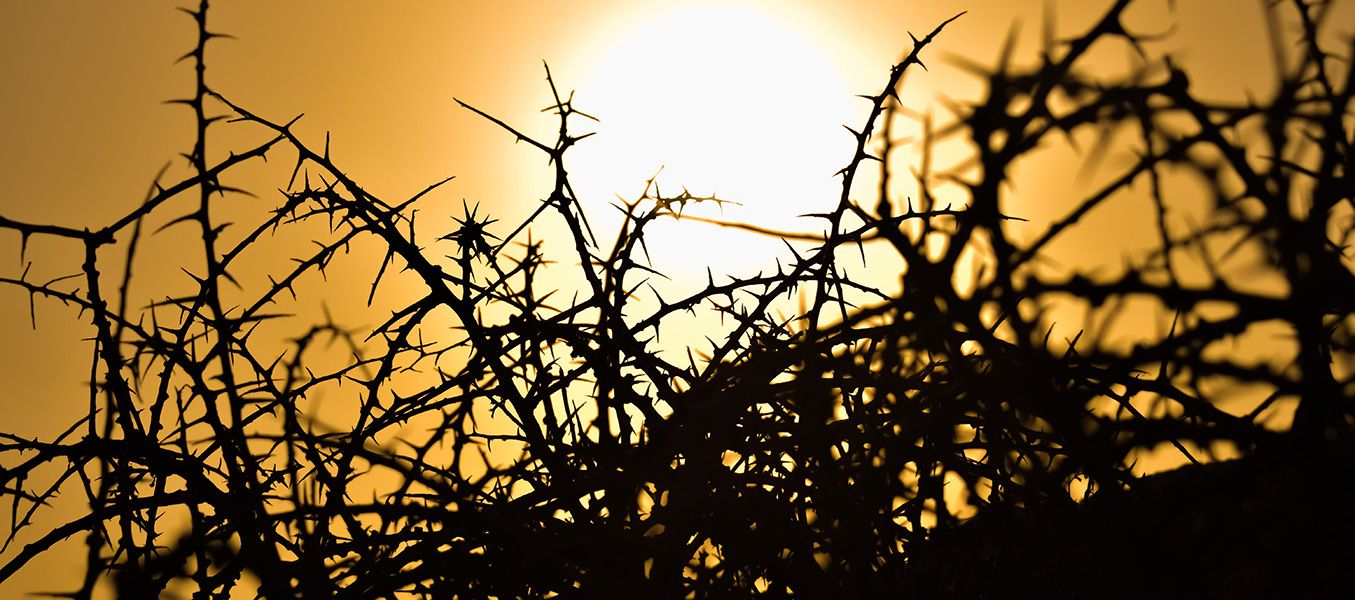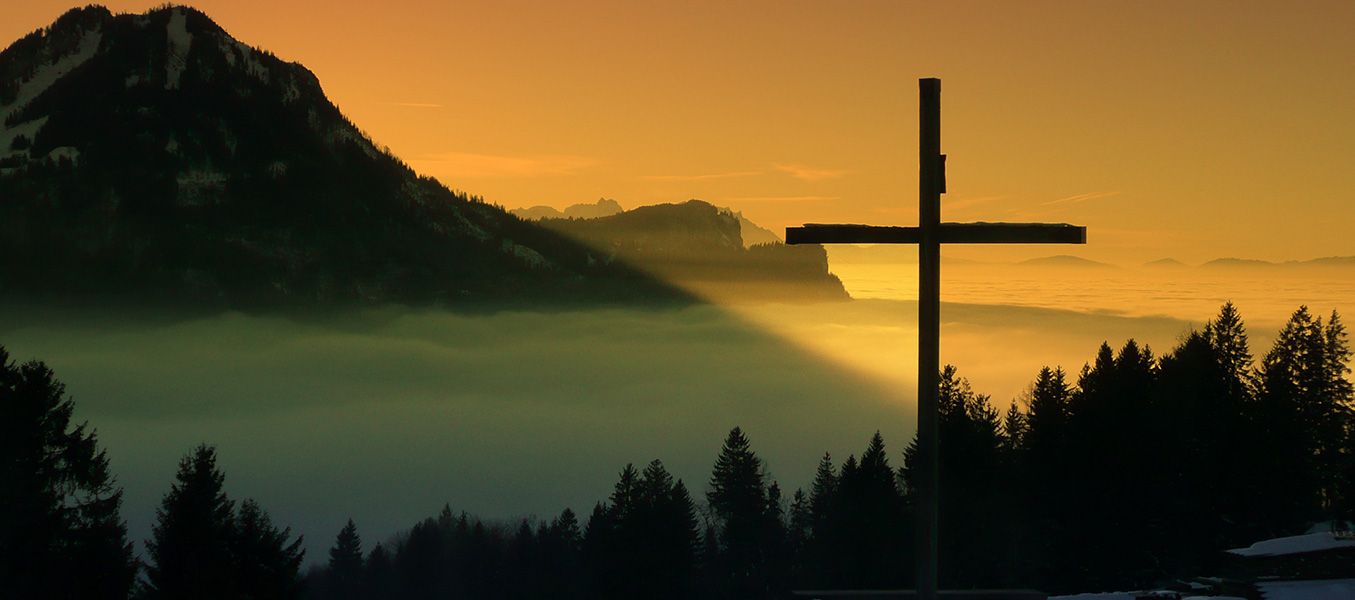Fall – Part Two

The Problem with the World –
The writer of Ecclesiastes saw all of God’s creation and said that:
“What is wrong cannot be made right. What is missing cannot be recovered.” (Ecclesiastes 1:15)
Here, the author recognized that what was originally created as “very good” (Genesis 1:31), has been dramatically affected by the Fall. And as we look around at the world today, we also see its far-reaching implications.
Effects of the Fall on Both Humanity and All of God’s Creation
Paul wrote in Romans 8 that all creation has been “subjected to futility” (Romans 8:20) and has been “groaning together.” (Romans 8:22) We can all recognize the consequences of the Fall within our communities. People are carrying broken relationships with God, others, and creation.
How often though, do we acknowledge that the Fall made it necessary for Christ to come and die in our place?
To some degree, we have all experienced the brokenness of the world in such a way that has left us longing for answers. As professors, we have the unique opportunity to help students make sense of it all as they wrestle with understanding their place in God’s bigger story.
Bringing a Message of Hope and Healing
Being part of a university gives us a clearer picture of the responsibilities we have been given as we seek to address a world in need.
God Has a Master Plan
Dr. Ron Hawkins – Vice Provost
Professor and Student: A Journey of Discovery, Growth, and Impact
Dr. George Young: School of Business
Because we see God’s bigger plan, we know God has not left the fallen world without the hope of redemption. Watch as Professor Young shares his own testimony of perseverance through difficulty and learn how he uses that to encourage students.
Rachel: M.B.A.
Though many of us will never face an experience as dramatic as Rachel’s, to some degree we have all experienced the brokenness of the world in such a way that has left us longing for answers. Hear her story.
For Further Research
- Article/Lecture
- What’s Wrong with the World – Becky Pippert
- Creation’s Groans Are Not Meaningless – Timothy Keller
- Subjected to Futility in Hope – John Piper
- Books
- Videos
- Recovering Redemption – Matt Chandler


